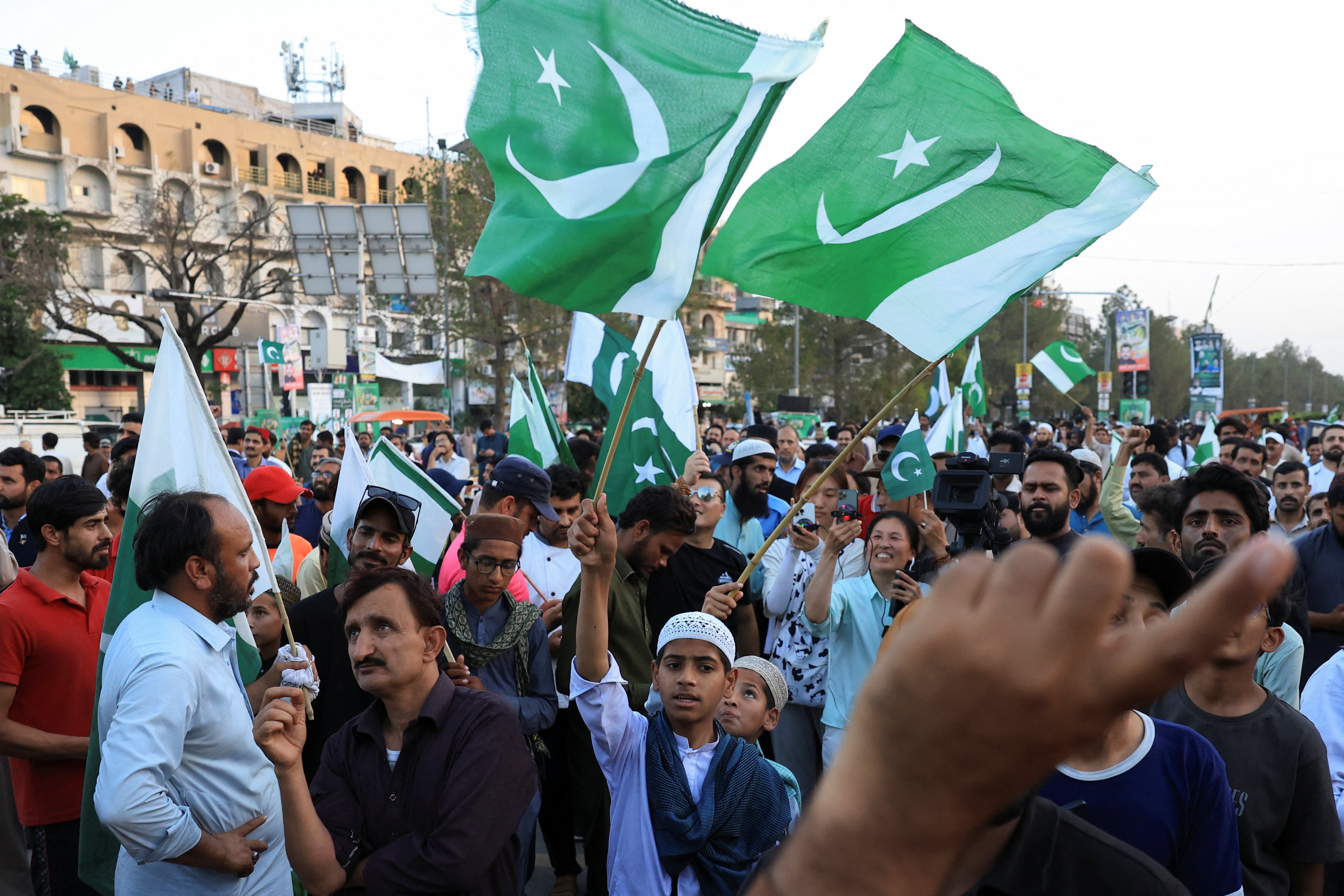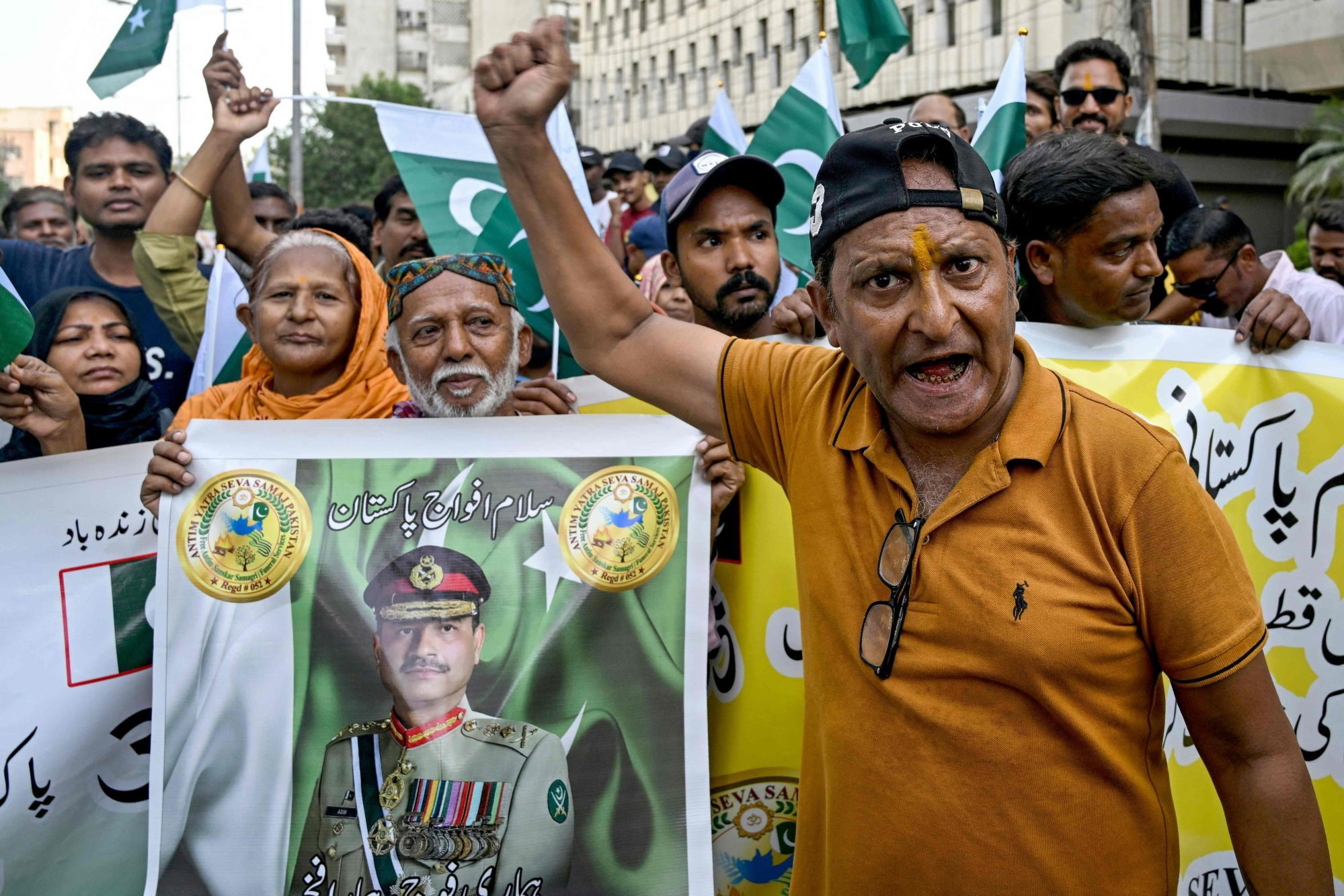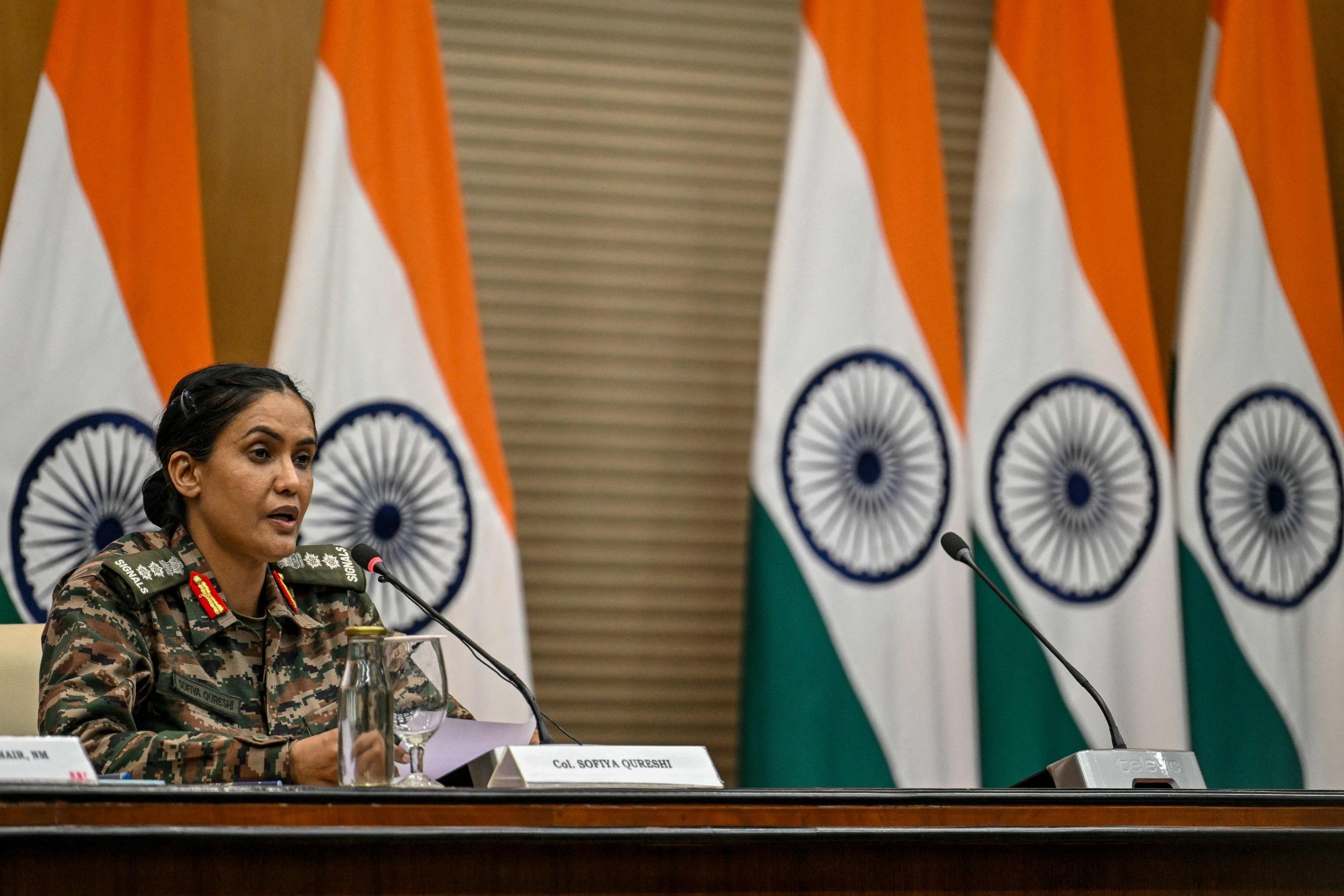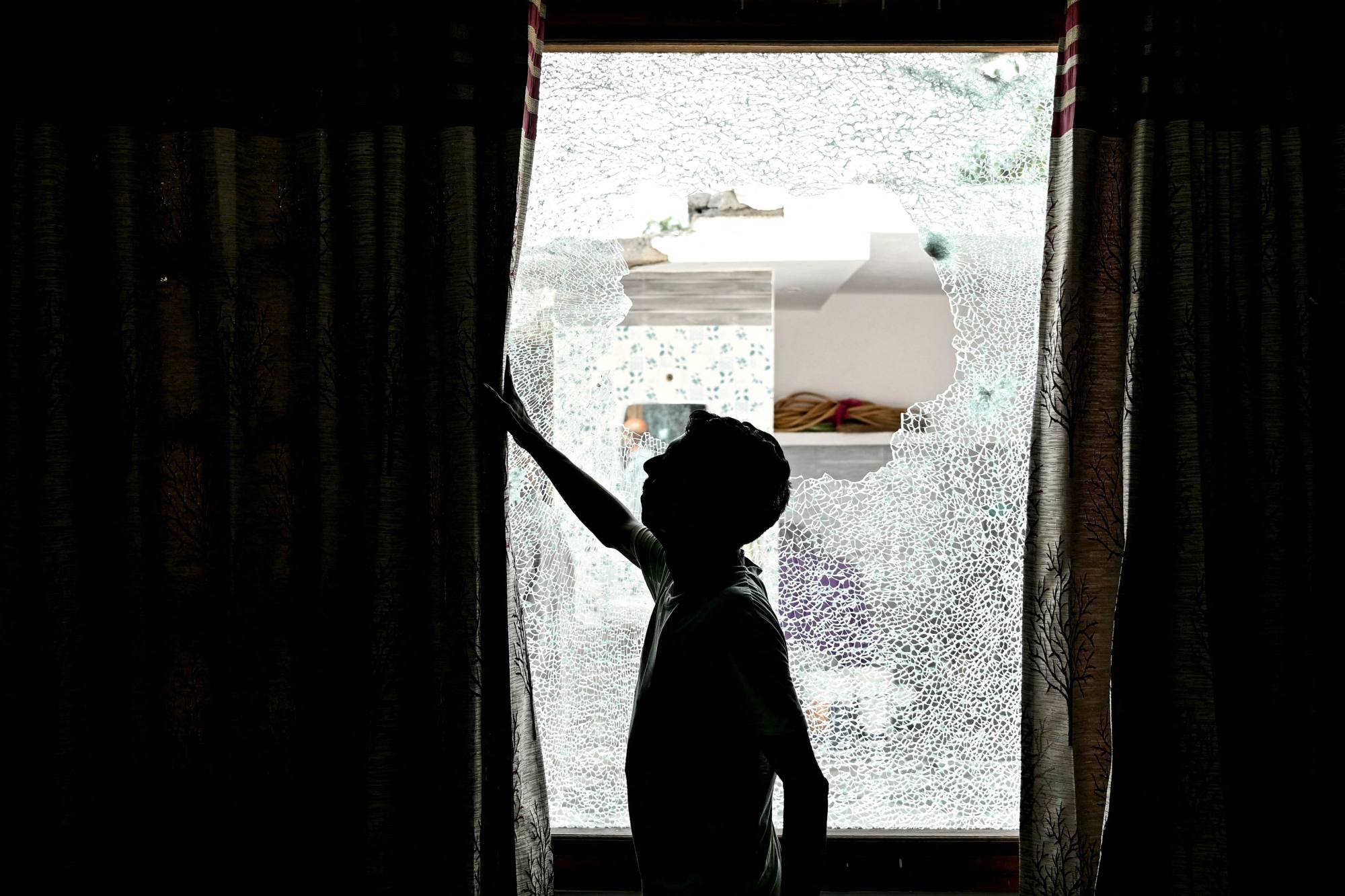India-Pakistan agree to ceasefire, but fears abound as violations reported
The truce was first announced by US President Donald Trump, but projectiles and flashes have already been seen in Indian-run Kashmir

India and Pakistan agreed to a ceasefire on Saturday after days of escalating conflict, amid US pressure and diplomacy. But within hours, violations were reported from the main cities of Indian-run Kashmir, the territory that had borne the brunt of four days of fighting.
Blasts were heard in Srinagar and Jammu and projectiles and flashes were seen in the night sky over Jammu, similar to the events of the previous evening, according to authorities, residents and Reuters witnesses.
Military spokespeople in both countries did not immediately respond to requests for comment.
The ceasefire deal follows weeks of clashes, missile and drone strikes across borders that were triggered by a gun massacre of tourists last month that India blames on Pakistan, which has denied the charges. Dozens of civilians have been killed on either side from the violent exchanges.
The first word of the truce came on Saturday from US President Donald Trump, who posted on his Truth Social platform that he was pleased to announce India and Pakistan had agreed to a full and immediate ceasefire, congratulating both countries on the decision.
Analysts said the situation remained tense with India and Pakistan’s bitter dispute over the Himalayan province of Kashmir.
“We will still need to wait and watch on whether there are any acts of terrorism in the future,” said Harsh Pant, an international relations professor at King’s College London, highlighting that India had only earlier in the day said any future act of terror would be considered an “act of war”.

Kashmir – a Muslim-majority region claimed in full but controlled in part by both India and Pakistan – has been the site of a bloody conflict since an anti-Indian insurgency erupted in 1989. Tens of thousands of people have died, though violence has tapered off in recent years.
Militant attacks in Indian-administered Kashmir appeared to have ebbed before 26 people were killed and 17 injured when suspected militants opened fire on a group of tourists in Pahalgam on April 22, an incident that provoked nationwide outrage in India.
The latest attack came a week after Pakistan Army chief General Asim Munir reportedly said Kashmir was Islamabad’s “jugular vein”.
The two South Asian rivals have fought three wars over Kashmir, and once again seemed on the verge of another confrontation – vowing to respond in kind to any attacks with tough military action.
India had on Wednesday, under its so-called Operation Sindoor, launched missile strikes on targets in Pakistan and Pakistan-administered Kashmir that New Delhi said were “precision strikes at terrorist camps”.

“I think the calculus for India has changed to a riskier approach than in past confrontations. It wanted to convey to Pakistan – don’t play with fire,” Pant said. On the other hand, Islamabad has said it has also been a victim of several militant attacks. Pakistan has faced a spate of attacks from militants fighting for an independent Balochistan.
Pant said New Delhi would likely continue to be wary of Pakistan’s army chief Munir.
Despite the hostilities between the two South Asian countries, analysts say backchannel diplomacy had probably brought them to a peace settlement. Several countries including China had urged for restraint. Earlier this week, Iranian Foreign Minister Abbas Araqhchi and Saudi Arabia’s junior Foreign Minister Adel al-Jubeir visited New Delhi.
Other countries such as the UK and France also likely played a role in bringing both sides to the negotiating table, analysts said.
Yashwant Deshmukh, an independent political commentator, said the situation was still too nascent and it remained to be seen if there would be more cross-border fire exchanges overnight.
“This is still evolving. I don’t think any of the two sides would have settled for anything less than declaring a victory for themselves,” he warned.

Analysts believe that the confrontation was partly dictated by the ruling establishments on either side to cater to their support bases.
There was also the factor of how a ceasefire declaration would be viewed within certain sections in India who were demanding aggressive action against Pakistan in the wake of the Pahalgam incident, Deshmukh said.
India had mounted unprecedented economic pressure, such as suspending a crucial Indus Waters Treaty that is the river source for cultivation of most farmlands in Pakistan, on top of the ceasing of trade over a land route.
New Delhi is unlikely to resume the treaty soon to keep a degree of leverage with its neighbour, though it is unlikely to obstruct water flows, according to analysts.
Additional reporting by Reuters